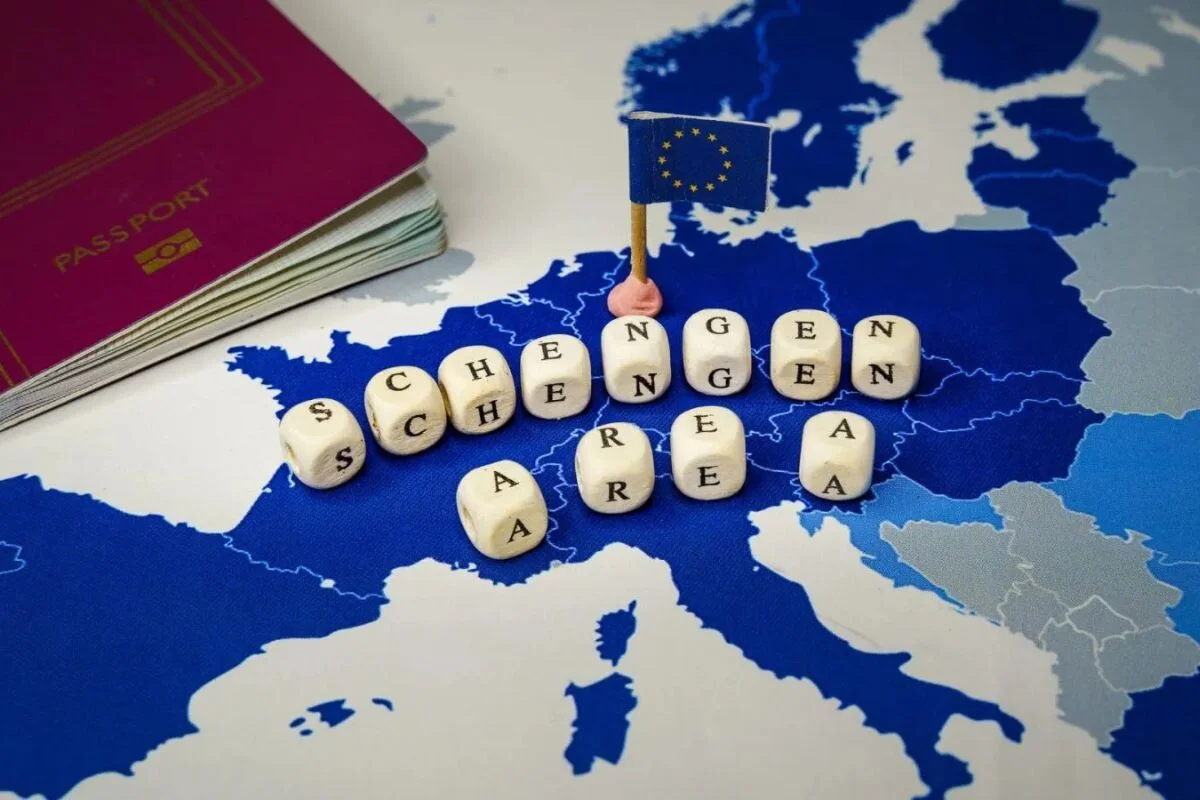Bulgaria and Romania have been granted full membership in the Schengen Area by the European Union. Citizens of these countries will be able to travel freely inside the passport-free area of Europe as of January 1, 2025. For both nations, this milestone marks the end of a 13-year odyssey that started in 2011 when the European Commission initially determined they were ready to join.
A Long Road to Membership
With the approval, years of political obstacles have come to an end. Initially, their accession was opposed by powerful EU nations, such as France and Germany. As resistance gradually diminished, Austria emerged as the main obstacle.
After Bulgaria and Romania signed a “border protection package” in Budapest, Austria revoked its veto. Temporary land border inspections and the deployment of border guards at the Bulgarian-Turkish border are part of this arrangement.
For at least six months, land borders will continue to be subject to restricted control, even if air and maritime crossings were already opened earlier this year. Austria identified irregular migration as one of the main issues, and this concession attempts to address those concerns.
The EU Council’s current president, Hungary, referred to the decision as a “historic moment.” Ursula von der Leyen, president of the European Commission, and other leaders hailed the action, emphasizing its significance for European safety and solidarity.
What Changes for Travelers?
Romania and Bulgaria will no longer have land border checks as of January 2025. Businesses’ waiting times and logistical expenses will be significantly decreased as a result. Regular border checks will no longer be conducted on citizens travelling between these two nations and the rest of the Schengen area.
The Budapest agreement, however, allows for the temporary maintenance of specific land border controls. These regulations are a component of larger EU security and migration management initiatives. According to experts, politicians often employ such measures to demonstrate their commitment to specific causes.
Economic and Strategic Benefits
It is anticipated that trade, tourism, and foreign investment between the two countries will increase with full Schengen membership. Klaus Iohannis, the president of Romania, referred to it as a “necessary step” for economic expansion. The choice aligns with the EU’s overarching objectives of enhancing European connectivity and strengthening the internal market.
The European Commission underlined that it continues to provide financial and operational support to Bulgaria and Romania. Both nations have pledged to address migratory issues and strengthen security along their external borders.
The Schengen Area now comprises 29 nations, following the inclusion of Bulgaria and Romania. With safe, borderless travel for around 450 million people, this area continues to be one of the most visited in the world. This accomplishment highlights the expanding role of Bulgaria and Romania in a more cohesive and interconnected Europe.
FAQS
What effects does this ruling have on the Schengen Area as a whole?
By adding Bulgaria and Romania, the Schengen Area gains strength and reaches 29 nations. It encourages security, European integration, and easier trade and travel.
What impact does Schengen membership have on Romanian and Bulgarian asylum procedures?
In accordance with EU directives, Bulgaria and Romania have instituted expedited asylum and repatriation processes. These actions are designed to support larger European initiatives in managing migration effectively.



